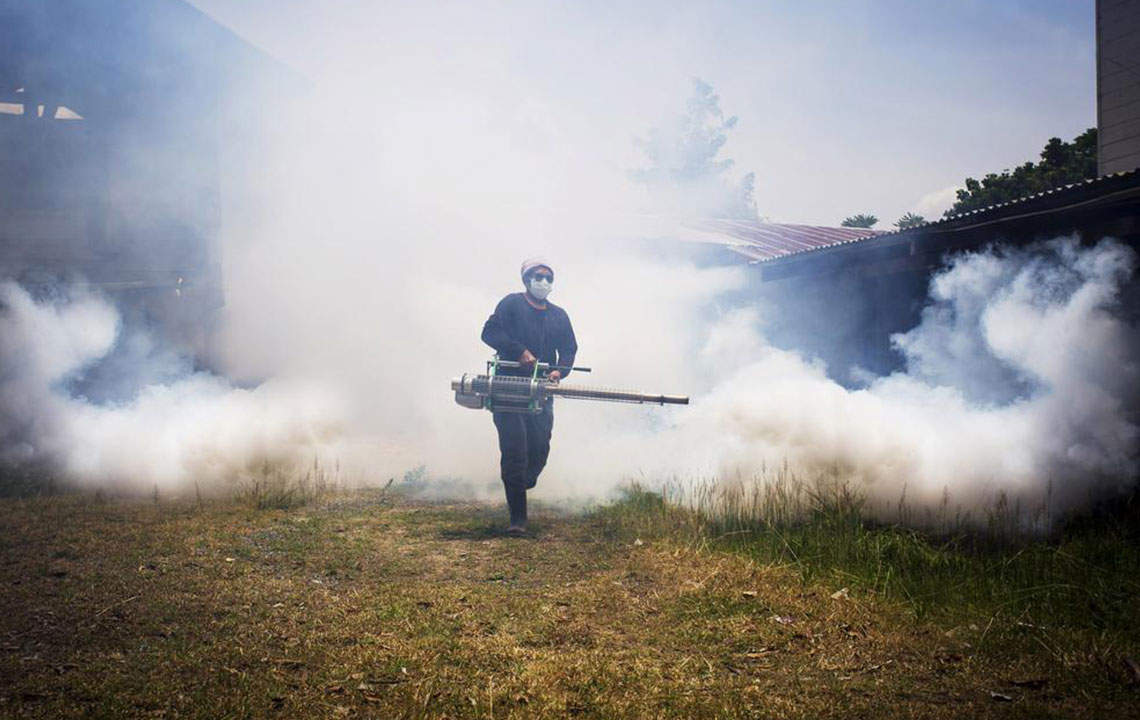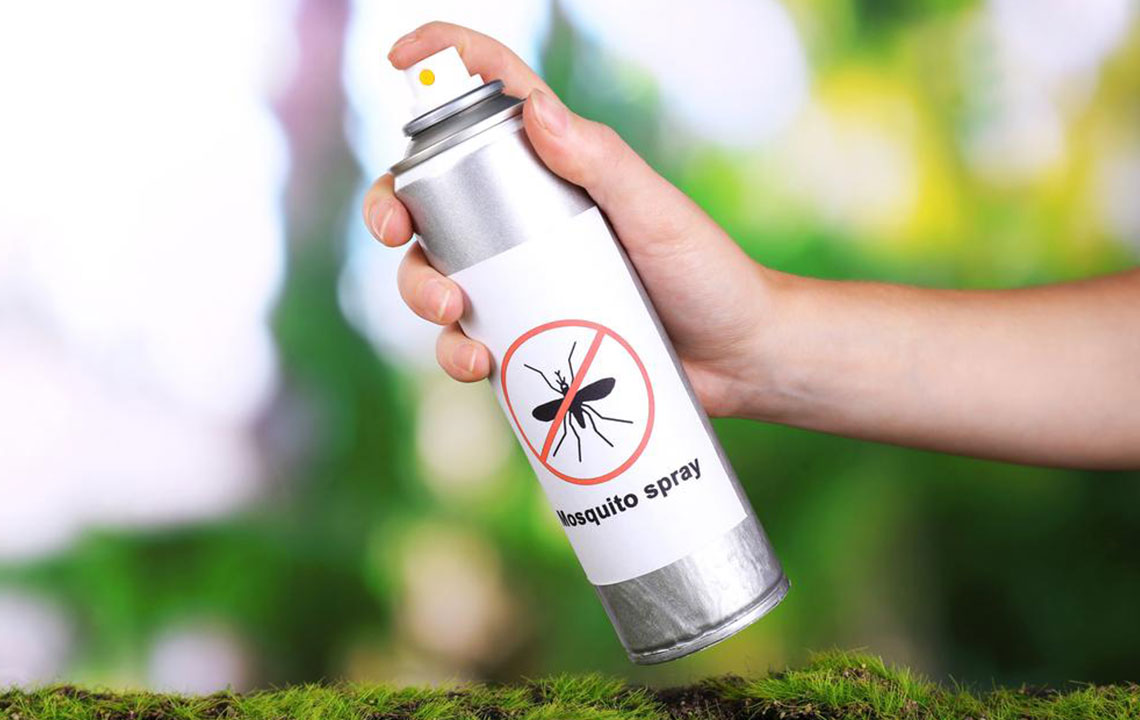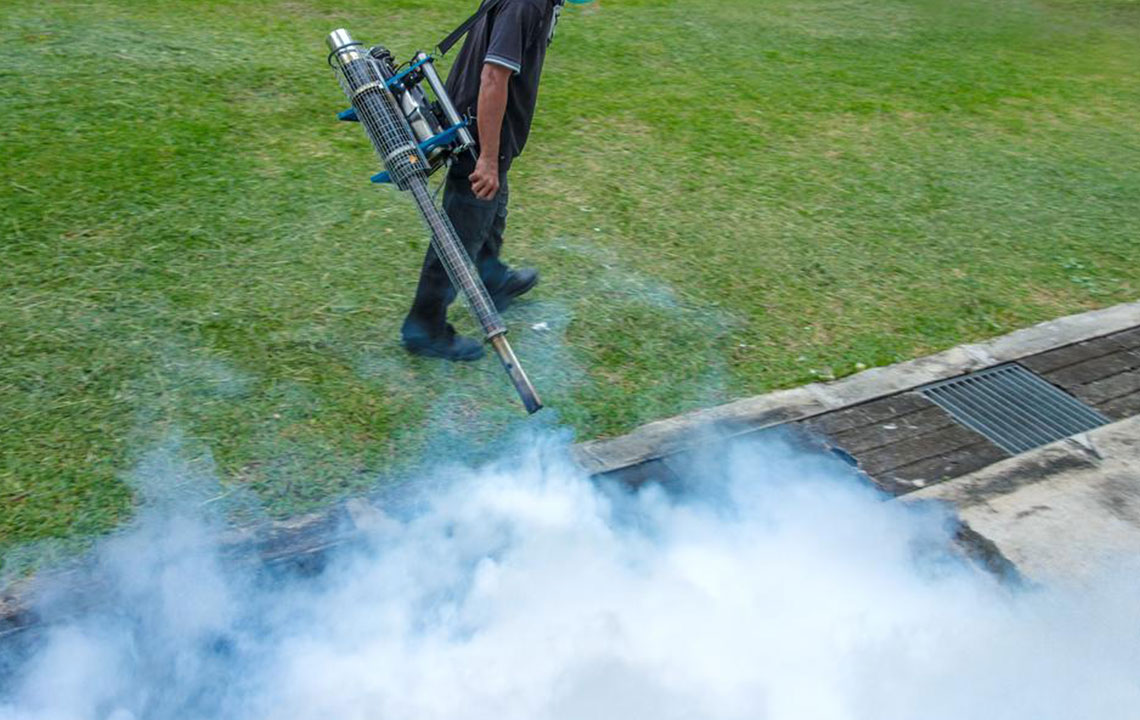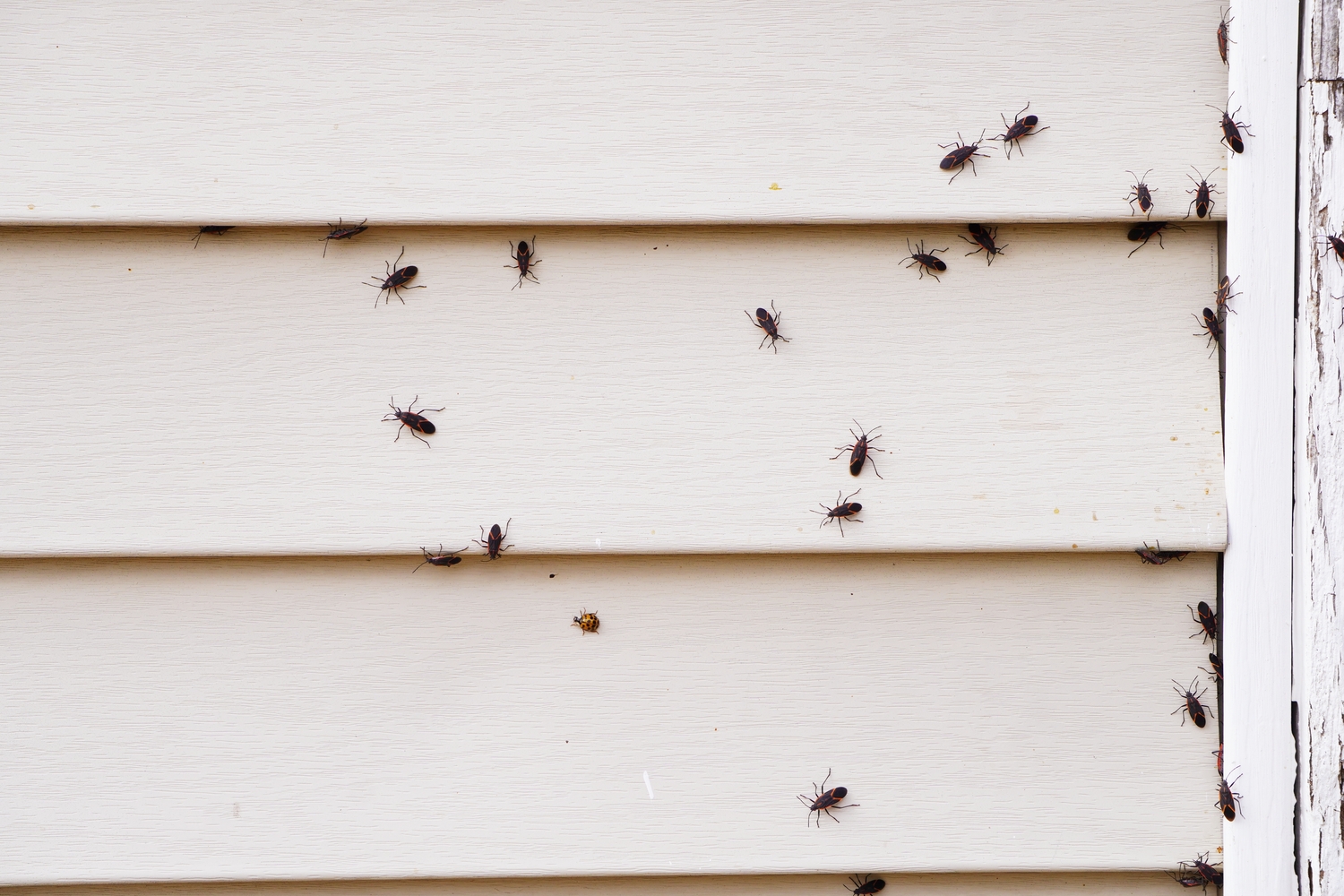Effective Strategies for Managing Mosquitoes in Your Backyard
Learn effective and practical methods to control mosquitoes in your backyard. This guide covers breeding habits, common breeding sites, and both DIY and professional solutions to protect your family from mosquito-borne diseases. Maintain a mosquito-free outdoor space with simple preventive measures and expert assistance if needed, ensuring a safe and enjoyable environment during warmer months.
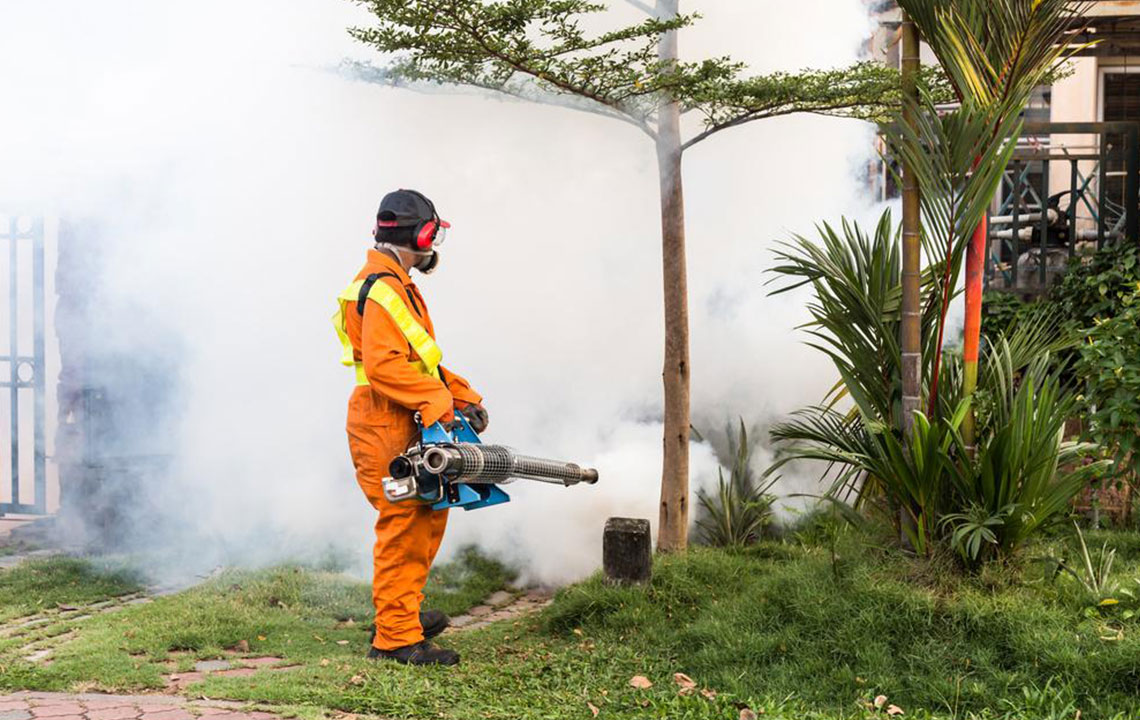
Effective Strategies for Managing Mosquitoes in Your Backyard
Spending time outdoors in your backyard is enjoyable, but mosquitoes can quickly become a nuisance, especially during warmer months when they are most active. While using mosquito repellents provides short-term relief, establishing a comprehensive mosquito control plan is key for long-lasting protection. Understanding their breeding habits and common breeding sites is essential before implementing control measures.
Breeding habits of mosquitoes – Female mosquitoes lay multiple batches of eggs after mating. Eggs are typically deposited on water surfaces, remaining dormant until water levels rise due to rain or other factors. The complete development cycle from larvae to adult varies depending on the mosquito species. Notably, adult mosquitoes can bite even during winter.
The primary sites for mosquito breeding include stagnant water collections such as gutters, plant pots, tires, bird baths, and buckets. These tiny insects can fly up to 40 miles from their birthplace, so reducing breeding grounds nearby can significantly decrease local populations. Although small, mosquito bites can carry serious diseases, making control measures vital. Combining various tactics and consulting pest control professionals ensures effective eradication, especially since some mosquitoes develop resistance to certain methods.
Eliminate stagnant water – Mosquitoes thrive in still water. Regularly empty or remove containers like pots, buckets, and tires that collect rainwater to prevent breeding.
Use repellents – Market-available mosquito repellents can be applied directly to potential breeding sites or surrounding areas, particularly in moist environments.
Implement fogging – Local authorities may undertake fogging during peak mosquito seasons. Homeowners can also use outdoor foggers, but these should be used with caution and only when necessary.
Plant natural deterrents – Incorporate plants such as marigolds and rosemary in your yard. While anecdotal, these plants are believed to repel mosquitoes naturally and enhance your garden's beauty.
Professional interventions – For sustained mosquito control, consider hiring specialists. They offer options like one-time treatments for special events or ongoing seasonal services to keep your outdoor space mosquito-free throughout the year. Other devices, like mosquito traps, can also be effective in attracting and capturing adult mosquitoes, but avoid relying solely on bug zappers. The choice of method depends on your needs, budget, safety considerations, and local mosquito species. Control strategies should also consider the time of day and temperature, as different mosquitoes are active at various times.
Protect your outdoor enjoyment by implementing practical mosquito management techniques. Starting with basic measures may suffice, but for persistent issues, invest in comprehensive control systems and be patient, as many methods require time to show results.

